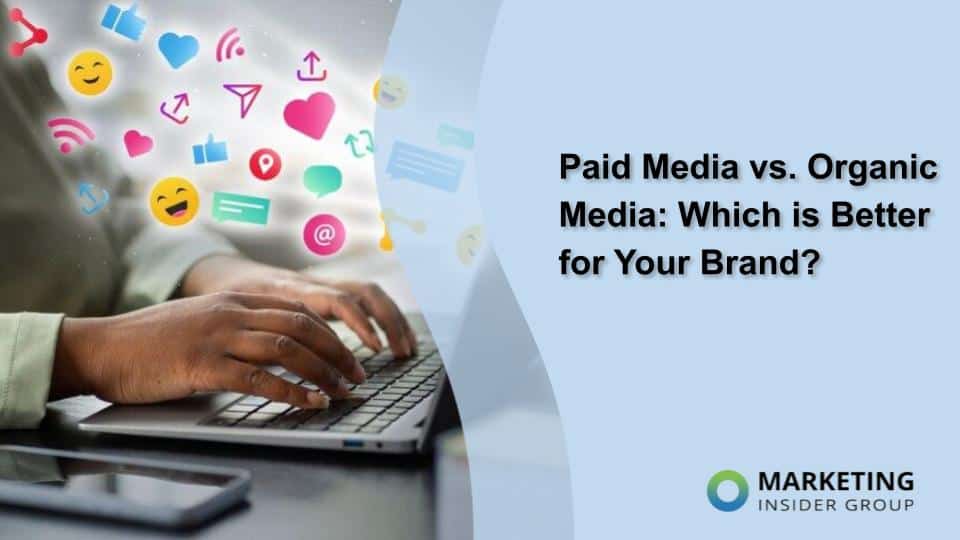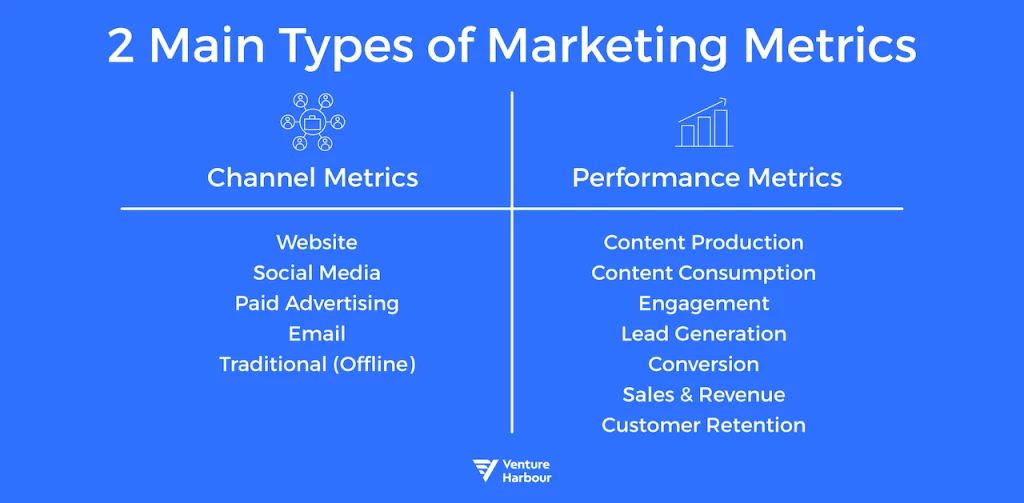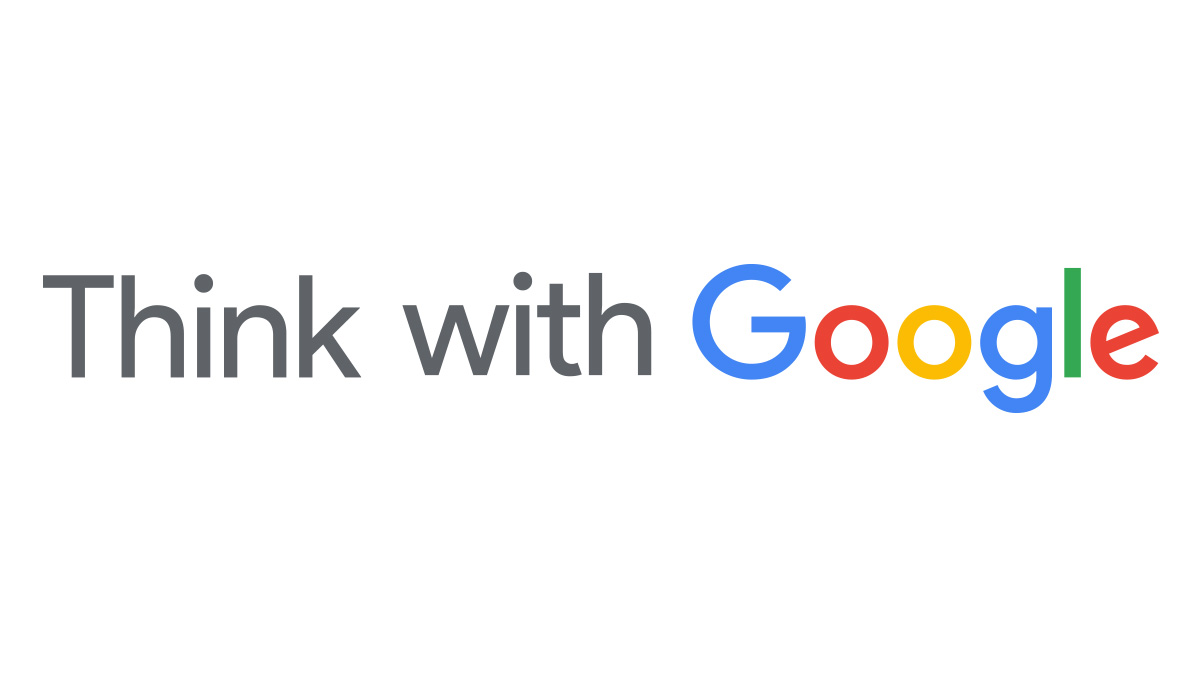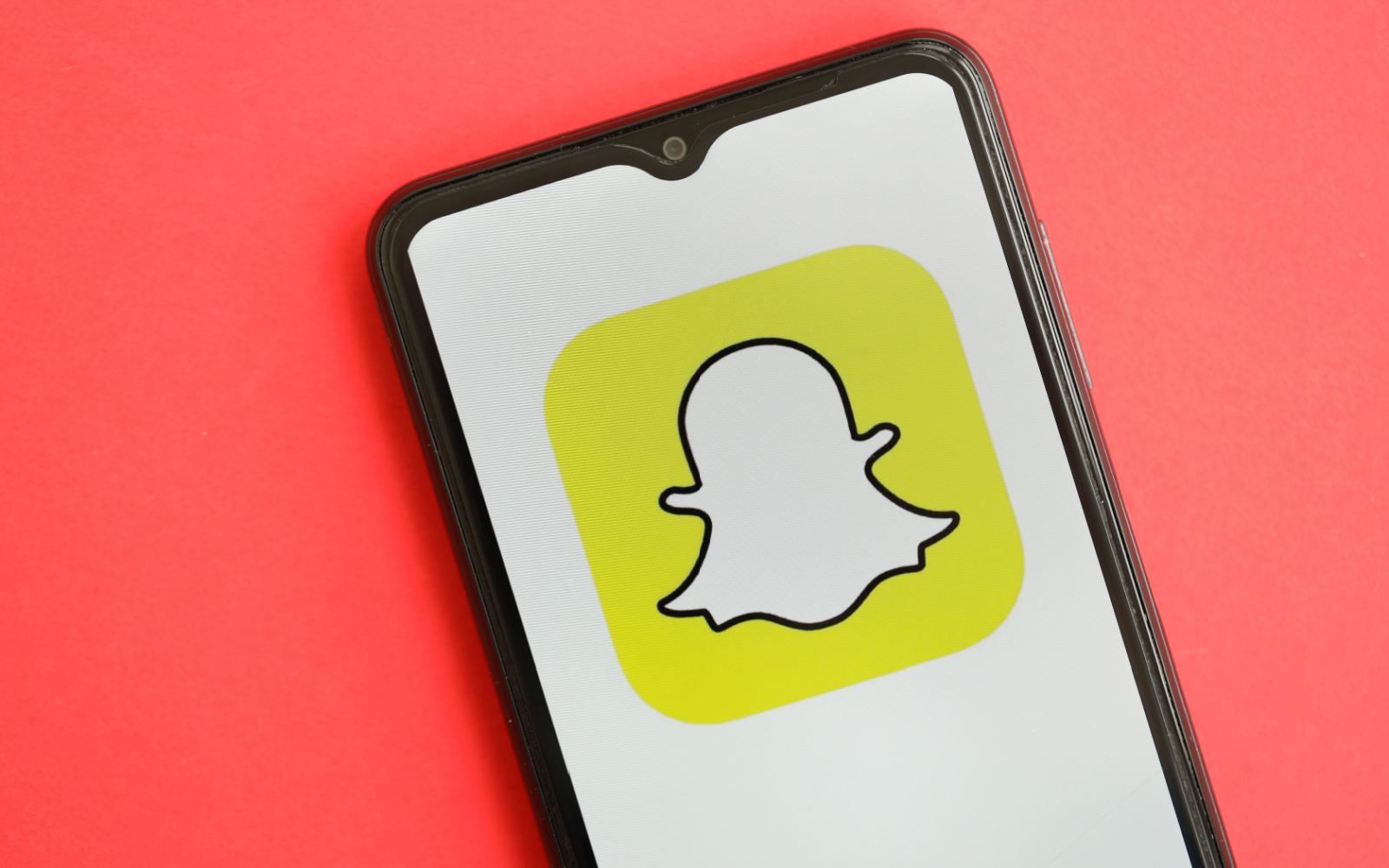Paid Media vs. Organic Media: Which is Better for Your Brand?
Today’s marketing world is much more interesting than it was ten years ago. Among all the changes, the debate between paid media vs. organic media is still going strong. Both methods have unique advantages and challenges, but how do you know which is better for your brand? Whether you’re working on increasing traffic, boosting engagement, […]


Today’s marketing world is much more interesting than it was ten years ago. Among all the changes, the debate between paid media vs. organic media is still going strong. Both methods have unique advantages and challenges, but how do you know which is better for your brand?
Whether you’re working on increasing traffic, boosting engagement, or driving conversions, understanding the difference between paid and organic media can help you make decisions better aligned with your business. Let’s break down what each one offers and how to decide which will give you the most return for your efforts.
Quick Takeaways:
- Paid media delivers fast results by boosting visibility through ads on social media, search engines, and websites.
- Organic media builds long-term value through SEO, social media posts, and content marketing, though it requires more time to see results.
- A combination of paid and organic strategies balances quick wins with sustainable brand growth.
- Paid media allows for precise targeting, while organic media attracts more engaged audiences over time.
What is Paid Media?
Paid media refers to any marketing efforts where a brand pays for visibility. So, Facebook ads, Google AdWords, sponsored Instagram posts, and others. It’s an investment that gets your content in front of specific audiences based on demographic targeting, keywords, or user behaviors.
Paid media delivers relatively quick results, but for a price. As long as the money’s coming in, you see traffic and conversions. When you stop paying, your visibility vanishes. It gets your brand in front of the right people, but you need a strategy that keeps your investment working hard for your goals.
Common forms of paid media include:
- Social media ads (Facebook, Instagram, LinkedIn, etc.)
- Paid search (Google, Bing)
- Display ads on websites
- Sponsored content or influencer collaborations
What is Organic Media?
Organic media is all the unpaid content you create to gain visibility online. Whether it’s your blog posts, social media updates, or SEO-driven web pages, organic content is designed to be found naturally by your audience without paying for placement. Instead of paying for instant exposure, brands invest in organic content that grows visibility over time through engagement, search engine rankings, and shares.
A huge advantage of organic media is longevity. Once content ranks on Google or attracts followers on social media, it continues to deliver results without needing an ongoing budget. However, results aren’t instant, and you’ll need a lot of patience and consistency to see real gains.
Some examples of organic media include:
- SEO-focused blog posts
- Social media updates (not paid)
- Video content on platforms like YouTube
- Email newsletters and direct outreach
Paid Media vs. Organic Media: Breaking Down the Benefits
Both paid and organic media have advantages, but they serve different purposes. Let’s take a closer look at what each can bring to your marketing strategy.

Speed vs. Longevity
Paid media is perfect when you need fast results. Want to drive traffic to a new product page? A Google Ad or Facebook campaign will generate immediate clicks. You control who sees the ads and when, giving you the power to boost exposure in a targeted way. For brands with specific, time-sensitive goals, paid media is the way to go.
Organic media takes a slow-burn approach, but its effects are long-lasting. Content published on your website or social media will continue working for you long after it’s been created. Once your blog post ranks on the first page of Google, it will likely generate traffic for months (or even years).
Cost-Effectiveness
Paid media requires consistent investment. When budgets are tight, turning off ads can instantly stop your traffic flow. Organic media, on the other hand, is free from ongoing costs. Sure, you’ll need to invest time and effort upfront – whether you’re hiring writers for blog content or optimizing your site for SEO – but once it’s published, organic content brings value at no extra cost.
That said, while paid media can drain your wallet quickly, it also offers the ability to customize your campaigns in real time. Adjusting bids, targeting, and messaging is much easier with paid campaigns compared to organic efforts. If your brand needs flexibility, paid ads are a fantastic approach.
Targeting vs. Broad Appeal
Paid media lets you focus on hyper-specific audiences. With tools like Facebook’s ad manager or Google’s keyword planner, you can focus on the perfect demographic.
Organic media takes a broader approach. Instead of paying for each view, brands attract readers and viewers naturally through their content. Though organic methods often reach fewer people, the people who find your content through a search engine or by following you on social media are generally more engaged. They’re choosing to interact with your brand instead of being presented with a paid promotion.
The Perfect Duo
When used together, paid and organic media are usually more effective. Instead of treating them as separate strategies, think about how they can complement one another.
For example, while organic content builds authority and drives long-term traffic, paid media can amplify that content to a larger audience. If a blog post performs well and brings in more engagement organically, you can create a paid social campaign to push it even further.
On the flip side, data from paid campaigns can help refine your organic strategy. If certain keywords perform well in paid search, you might decide to use those terms in future blog posts or landing pages. Paid campaigns offer insights into what resonates with your target audience, and you can use them to boost your organic efforts.
Measuring Success
The way you measure the success of paid and organic media varies. For paid media, channel metrics like cost-per-click (CPC), return on ad spend (ROAS), and click-through rate (CTR) are indicators of performance. It’s easier to track exact numbers with paid campaigns since every action is linked to a monetary cost.
Organic media relies on longer-term metrics. Organic traffic, bounce rate, and time-on-page are good indicators of how well your content is performing. Search engine rankings are also a huge metric, as the higher you rank, the more organic traffic you’ll pull in.
It’s important to remember that while paid media can give instant results, organic efforts often pay off more significantly over time. Both need constant monitoring and adjustment, but patience is usually rewarded with organic media.

Which Should You Choose?
So, which is better for your brand – organic media vs paid media? The answer depends on your goals! If you’re launching a new product, paid media gives you the fast visibility needed to make a splash. On the other hand, if you’re trying to build long-term brand awareness and authority, organic media may offer the highest return.
Many brands go for a hybrid approach, using paid media to boost short-term results while investing in organic content that builds lasting relationships with their audience. The combination encourages both quick wins and sustainable growth.
Finding Your Balance
In marketing, success often comes down to finding the perfect balance between creativity and strategy. The right mix of paid and organic media makes sure you reach your goals, whether they’re immediate or long-term.
If you’re unsure where to begin, Marketing Insider Group offers specialized services to create content, manage campaigns, and engage with your audience. Contact us today to learn more or book your free consultation with our team!
What's Your Reaction?




























